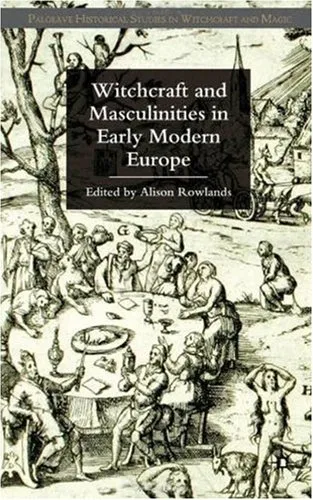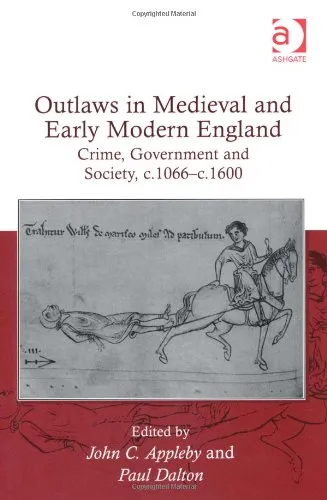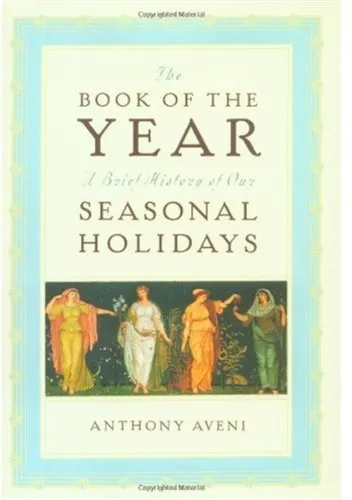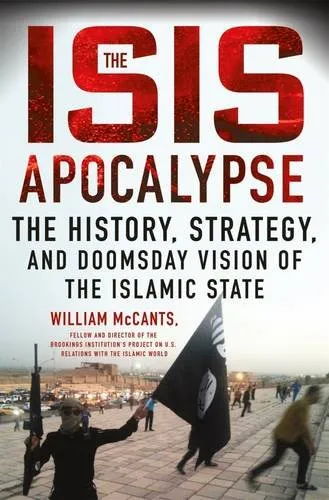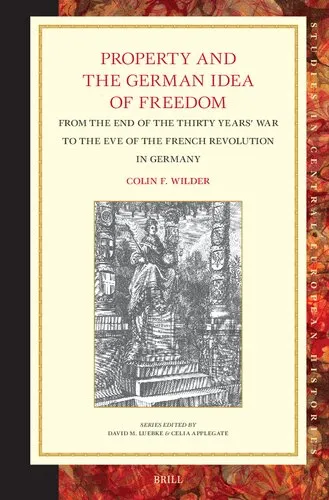The Hundred Years' War on Palestine: A History of Settler Colonialism and Resistance, 1917–2017
4.6
Reviews from our users

You Can Ask your questions from this book's AI after Login
Each download or ask from book AI costs 2 points. To earn more free points, please visit the Points Guide Page and complete some valuable actions.Related Refrences:
Introduction to "The Hundred Years' War on Palestine: A History of Settler Colonialism and Resistance, 1917–2017"
"The Hundred Years' War on Palestine: A History of Settler Colonialism and Resistance, 1917–2017" is a profound and meticulous examination of the long and multifaceted conflict over Palestine, authored by Rashid Khalidi, one of the world’s foremost historians and scholars of the Middle East. This deeply evocative book provides a sweeping account of a century-long struggle that continues to shape global politics and personal narratives alike. Khalidi illuminates how the Palestinian experience is best understood as a colonial war that has seen persistent efforts to dispossess a people of their homeland, culture, and identity—and their equally enduring resistance to that fate.
What makes this book stand out is its expert ability to contextualize the lived realities of Palestinians within the broader frameworks of settler colonialism, imperialism, and resistance movements. It combines personal anecdotes from Khalidi's own family history with hard-hitting historical research, making it both a scholarly and deeply personal account. In centering the voices and experiences of Palestinians, Khalidi flips the script on traditional narratives about the Israeli-Palestinian conflict and offers a compelling critique of mainstream historical perspectives that have marginalized Palestinian agency. This is more than just a history—it's a call to understand the repercussions of colonial oppression and a reminder of the resilience inherent in those who refuse to be erased.
Detailed Summary of the Book
The book is structured around six key junctures in the history of Palestine, beginning with the Balfour Declaration of 1917, where Britain formally endorsed the creation of a Jewish homeland in Palestine, initiating a systematic process of colonization. Khalidi painstakingly documents how this declaration laid the groundwork for the dispossession of Palestinians, framing the struggle not as a clash between two equal peoples but as a colonial project driven by external powers and Zionist ambitions.
Khalidi moves through pivotal episodes in Palestinian history, including the 1948 Nakba, in which hundreds of thousands of Palestinians were expelled or fled from their homes; the deliberate repression of Palestinian nationalism in the 1960s and 1970s by regional and global leaders; and the U.S.-brokered Oslo Accords, which Khalidi critiques as a deeply flawed framework benefitting Israeli occupation rather than fulfilling Palestinian aspirations.
Each section is richly detailed and unflinchingly critical, exposing the complicity of global powers in sustaining and legitimizing the settler-colonial project, even as the Palestinian people continued to resist through political mobilization, armed struggles, and cultural preservation. The book closes with an analysis of the situation in the 21st century, revealing how the dynamics of power and resistance remain as starkly imbalanced and urgent as ever.
Key Takeaways
- The conflict over Palestine cannot be reduced to a simple territorial dispute but must be understood in the context of settler colonialism, where one group seeks to supplant another.
- Palestinian resistance is an ongoing testament to a people's refusal to accept dispossession and erasure, despite overwhelming odds.
- The role of global superpowers, particularly Britain and the United States, has been instrumental in sustaining Israel’s dominance and marginalizing Palestinian sovereignty.
- Mainstream narratives often obscure the colonial roots of the conflict, perpetuating myths of parity and mutual fault instead of acknowledging the structural asymmetries at play.
- History matters: understanding the roots of the conflict and the mechanisms of power is essential to addressing its ongoing manifestations and achieving justice.
Famous Quotes from the Book
"For Palestinians, our history is not just a chronicle of loss but also of survival and resistance."
"The illusion of evenhandedness in U.S. policy towards the Israeli-Palestinian conflict has long masked an unambiguous bias in favor of Israel."
"Colonial wars are not fought simply to conquer territory; they aim to erase and replace a people."
Why This Book Matters
"The Hundred Years' War on Palestine" is a crucial contribution to the discourse on Middle Eastern history and global colonial struggles. It matters because it challenges deeply entrenched narratives that have dominated political discourse and public understanding of the Israeli-Palestinian conflict. By framing the struggle as an anti-colonial fight for justice, Khalidi provides a lens through which readers can better grasp the historical and contemporary stakes of the conflict.
Furthermore, the book offers an invaluable resource for those looking to comprehend the broader implications of settler-colonial dynamics—not only in Palestine but across the globe. Khalidi’s work reminds us that conflicts rooted in colonialism demand solutions grounded in historical justice, equity, and recognition of the rights of the dispossessed.
For policymakers, activists, scholars, and general readers alike, "The Hundred Years' War on Palestine" is essential reading—an unflinching account that refuses to let the historical and ongoing injustice faced by Palestinians be forgotten.
Free Direct Download
You Can Download this book after Login
Accessing books through legal platforms and public libraries not only supports the rights of authors and publishers but also contributes to the sustainability of reading culture. Before downloading, please take a moment to consider these options.
Find this book on other platforms:
WorldCat helps you find books in libraries worldwide.
See ratings, reviews, and discussions on Goodreads.
Find and buy rare or used books on AbeBooks.
1346
بازدید4.6
امتیاز0
نظر98%
رضایتReviews:
4.6
Based on 0 users review
Questions & Answers
Ask questions about this book or help others by answering
No questions yet. Be the first to ask!
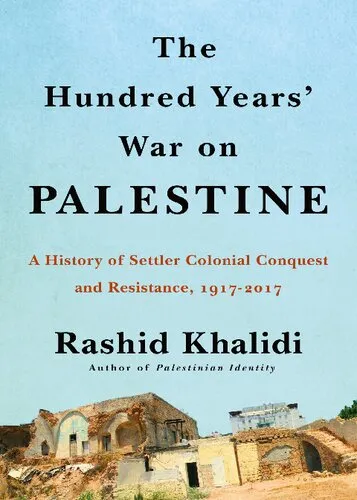
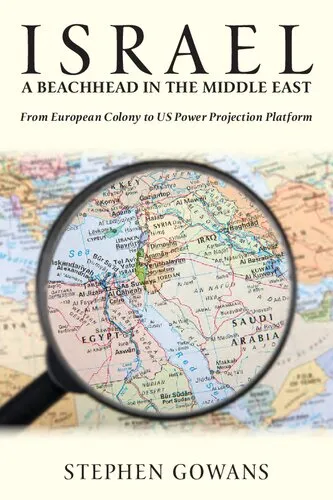
![Mathematics and Its History [FIXED]](https://s3.refhub.ir/images/thumb/Mathematics_and_Its_History__FIXED_29231.webp)

